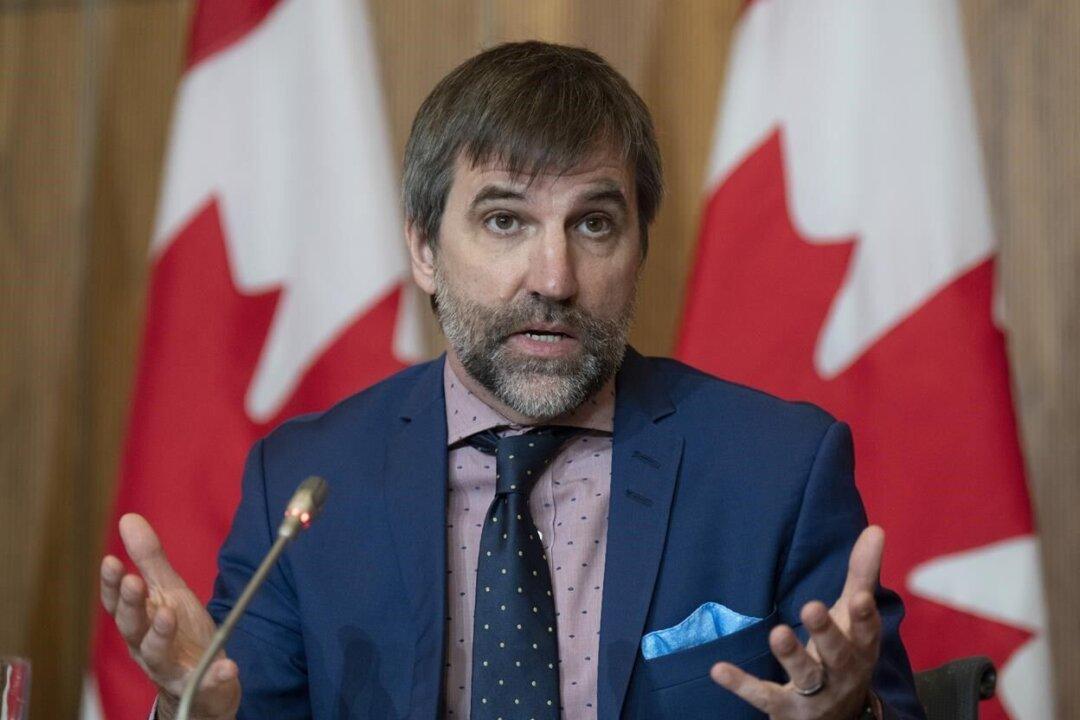The federal government is eyeing the possibility of making this year’s COP28 climate-change conference the first ever to “acknowledge the need” for U.N. countries to completely phase out their use of unabated fossil fuels, says Environment Minister Steven Guilbeault.
“For COP28, we need to identify every possible opportunity to increase our collective ambition and update our climate and environmental commitments,” Mr. Guilbeault told reporters during a virtual press conference on July 14.





